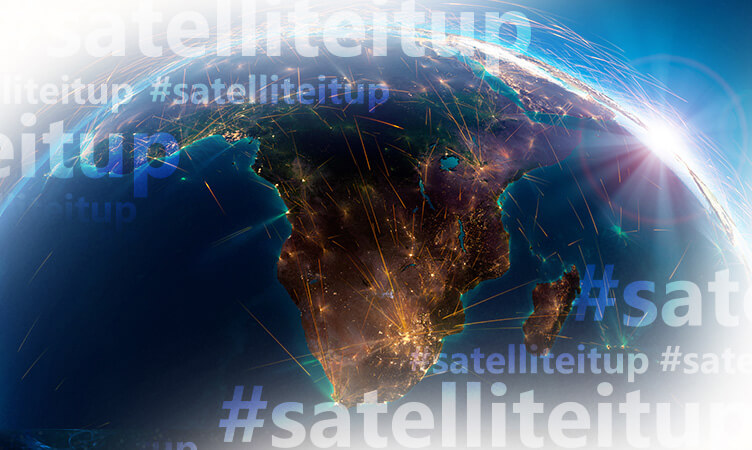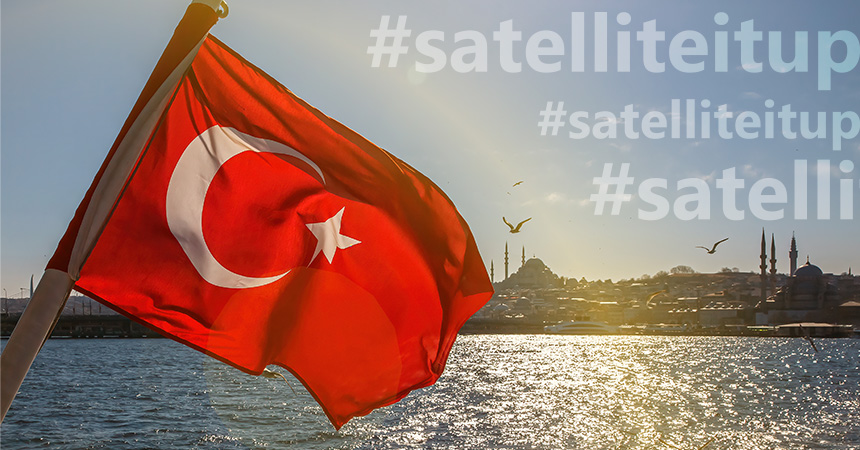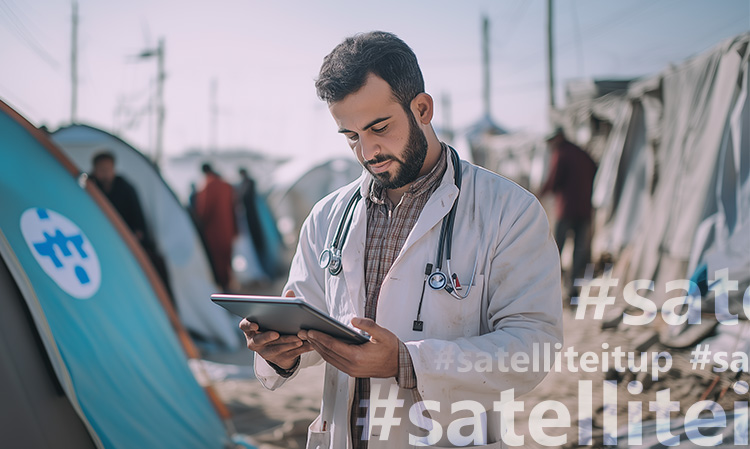As an increasing number of countries in Africa are emerging as digital economies, the continent is poised to become the next great manufacturing center of the world. While high labor intensity, higher productivity, lower costs, and exportability are attracting industries such as agriculture, information technology, tourism, and renewable energy to Africa, it has become even more apparent just how critical a communication infrastructure is to optimize these industrial processes. East Africa’s 146 million people are in the midst of an unprecedented era of strong economic growth, being considerably fuelled by digitalisation across all sectors.
The African Union’s Digital Transformation Strategy 2020-2030 aims to bring universal digital access and develop a single pan-African digital market. The World Bank estimates that just a 10% increase in mobile internet penetration can translate into a 2.5% increase in GDP.
Growing Digital Transformation in East Africa
With digitalisation unlocking a plethora of business opportunities in an increasingly connected continent, African countries are emphasizing investments in digital technologies, communications infrastructure, IT hubs, data centers, e-commerce, and e-government services. With the ratification of the Africa Continental Free Trade Area (ACFTA), new opportunities in technology start-ups and e-businesses are expected to grow the combined GDP to over $600 billion.
Kenya is quickly becoming a tech hub for East Africa and is one of the fastest-growing economies in Sub-Saharan Africa. In fact, 10% of all projects awarded between 2018 and 2020 focused on the digital transformation of the government, healthcare, and education sectors. Connectivity is crucial for efficient, affordable, and safe business processes. Digitalisation can empower business owners with reduced infrastructure investments and state-of-the-art hybrid technologies.
Today, Africa is the least connected continent with high fees for low speed connections. This is certain to change with the introduction of affordable satellite connectivity that enables access to resources for remote communities almost at par with well-connected urban areas, thus, creating further incentives for entrepreneurship and innovation.

Affordable Satellite Connectivity in an Evolving Business Landscape
According to the African Space Industry Annual Report 2019, satellite communications generate approximately US$ 6.5 billion in Africa annually. IEC Telecom Group, an international provider of satellite communication services, is committed to the introduction of affordable satellite connectivity to optimize e-business services, offer a reliable back-up for the GSM network, and ensure business continuity in an unpredictable and ever-evolving business landscape, via its official partnership with OstaTech Limited, a leading information and technology company in Kenya.
Developing high-performing customized solutions that empower the public and private sector’s digital transformation journey, IEC Telecom’s value-added services include video conferencing, remote maintenance, and telemedicine for government, humanitarian, and enterprise operations.
A Complete Satellite Communications Lifecycle
There is a market need to provide the right management and optimisation tools to help businesses access a single centralized digital platform to connect remote areas, teams, and operations. State-of-the-art centralized management systems such as OneGate empower businesses to have full visibility and control over their remote operations. As a future-ready solution that operates in dual GSM/satcom mode, OneGate minimizes expenses by automatically routing traffic at least cost while optimizing usage by means of filtration and compression. Its digital dashboard offers advanced visibility over active communication links and network traffic, bandwidth control, management of credit limits, the ability to issue vouchers for team communications, and more. All of the value-added services can be managed remotely, which allows to further save on transport costs and avoid logistical delays.
Such satellite connectivity allows humanitarian field missions, mobile telemedicine hubs, educators, remote workers, e-government, and public services to be available in communities that may be otherwise unreachable. Affordable and dependable satellite connectivity enables educators to teach via videoconferencing and offers children in, otherwise, isolated communities with access to learning materials. It allows remote offices or workers even in areas with no GSM coverage with the ability to access employment opportunities as well as the flexibility of continuing operations no matter where they’re located.
Digitalisation is the gateway to high yields, profitability, and sustainability in the oil and gas as well as agriculture sector with IoT, M2M, and tracking solutions. A dedicated virtual environment for digital operations ensures the safety of workers and efficient management of resources. IEC Telecom is committed to offering unparalleled levels of transparency and flexibility for the complete satellite communications lifecycle to see Africa benefit from the opportunities that digital transformation brings to its young economies.

Enhancing Inclusivity with Connectivity
Advanced satellite communications technology and connectivity services bridge the current digital divide and enhance inclusivity for public services in the community. Today, 22.6% of Kenya’s communities actively access mobile internet services while 70.7% are covered by 3G/4G, but not connected yet. This represents a significant area to increase affordability and digital literacy in East Africa’s technology hub. According to the International Finance Corporation (IFC), 230 million jobs in Africa will require digital skills by 2030. This translates to 650 million potential education and training opportunities in an estimated $130 billion market.
Digitalisation in schools and communities is inevitable in East Africa’s upwardly mobile economies. The African Union’s Digital Transformation Strategy 2020-2030 emphasizes the importance of digitalising education and post-COVID-19 pandemic era efforts reflect the urgency to digitize education resources and processes in Tanzania, Ethiopia, Kenya, and Uganda, where digitalisation is a high policy priority for the government, teachers, and education sector professionals. Current state-of-the-art satcom connectivity solutions reduce the complexity, capital expenditure, and time usually needed to build a terrestrial infrastructure. With heavy investments in ICT and telecom infrastructure, government bodies are expected to save over $41 million in capital.
Besides bringing connectivity to schools in remote and urban communities, innovative satcom solutions such as OneGate can also serve the community as a whole. After school hours and weekends can be used for high-performance internet access by anyone in the community around the school. OneGate’s advanced user management system is based on vouchers – free or charged by the local education authority – that can be redeemed at an internet café. Alternatively, the community can have the option to subscribe to long-range WiFi access points. Since OneGate operates with two layers of cybersecurity, the community can be online with some peace of mind with regards to their data sharing concerns.

Empowering Communities with Seamless Connectivity
Affordable satellite connectivity works alongside terrestrial networks to empower and elevate access to much required resources for remote communities on par with urban areas. Its serves the main goal of digitizing East Africa with a seamless infrastructure. Satellite connectivity solutions enable integration of the latest technologies with existing government infrastructure, thus, allowing for the provision of services based on big data, AI, and cutting-edge cybersecurity.
Government authorities can, today, easily remotely control the ICT infrastructure of far-away operations and ensure a better end-user experience across the network. Moreover, such centralized management over satellite technology offers significant resource cost optimization as well as 24/7 visibility. Digitalisation ensures a more sustainable, efficient, and affordable option for continuity of operations, sure to empower the entrepreneurial spirit of Africa.



